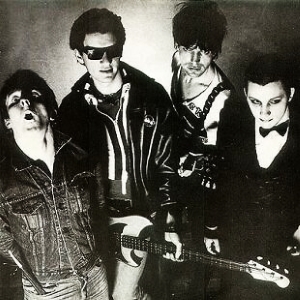Last week Justin Trudeau managed to win re-election as Canada's prime minister despite a wave of scandals and other parties splitting the non-conservative vote. President Obama also gave a powerful and well-received eulogy for Elijah Cummings. Both events got me thinking about what made these two men successful politicians, and how the political left needs to learn from them.
I'm not talking here about policy, though. I am talking about the way they make their cases to the people. "Sunny ways" and "hope" are not slogans, they are effective techniques. Leftists spend so much of their time shitting on liberals, then wonder why they keep losing to them. (That's when they're not shitting on each other.) They ought to think a little harder about this and learn from the success of others.
If you follow socialists on Twitter, as I do, you will notice a constant wave of snark and derision. Those who do not belong to the club are constantly being slagged. This might create a stronger bond within the club, but doesn't exactly entice other people to join. Part of the problem is that a lot of socialists in America are more interested in being "right" and being the in the right club than they are in effecting any real political change. Another is that those who claim to speak for the left are often just flat out nasty and unpleasant. Take Chapo Trap House, for instance. If you ever wanted to hear a gang of know it all assholes talk about how smart they are and how dumb everyone else is, that's the podcast for you. They revel in being the "dirtbag Left," but all the edginess is just typical douchebro edgelord bullshit with some Marx mixed in.
When it comes to socialism as well as religion I guess I am a praying agnostic. The main attraction of both is the promise of a better future. That to me is the very essence of what makes socialism so enticing. At its base it's an argument for the human dignity of all, and of having a society where every person can live a good life. It's a tremendously idealistic and hopeful thing, but you wouldn't know it from following socialists online. Instead of discussing this bright future they are mired in backhanded comments about "shitlibs."Anger at the current system is totally warranted, but that anger is not enough to build on.
What both Trudeau and Obama understand is that people want to be FOR something. They need narratives and symbols to grasp onto. Obama's eulogy was an argument for a certain kind of patriotism, one informed by the nation's failures but committed to making it live up to its stated ideals. These are words that can stir people into action. To me the advantage socialism has over more centrist politics is that it can indeed promise great things and fulfill high ideals. It's a shame to me that this positive vision is so lost in the discourse. Online socialists make a sport out of deriding Obama, but seem to ignore the fact that he is by the most popular American politician of my lifetime. Aren't the reasons for that worth examining? Or does that threaten failure on the purity test?



